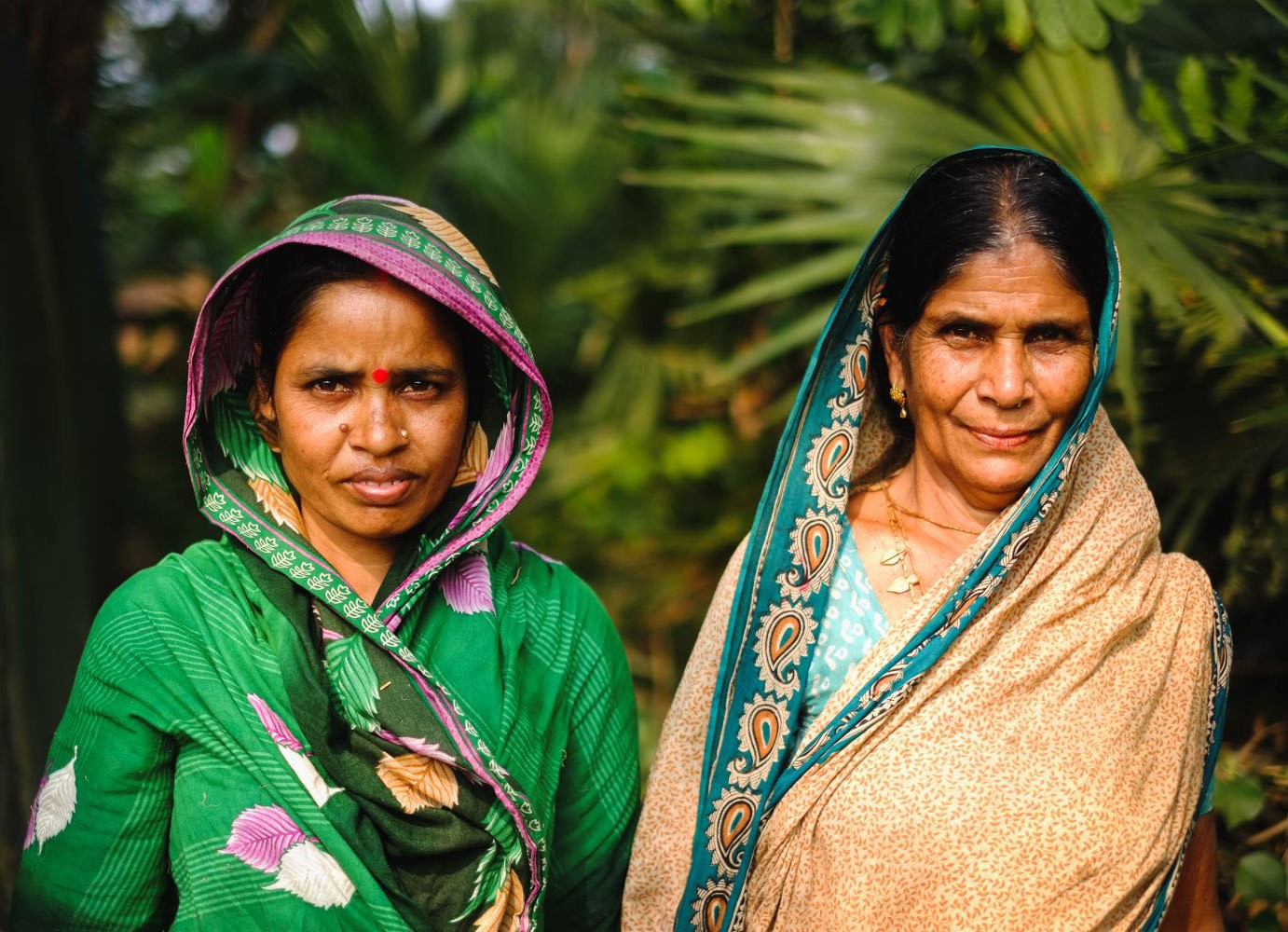This is a joint post with Ted Collins.
Since the UN’s post-2015 development agenda focuses on prioritizing progress in poorer countries, you’d hope that developing country institutions would be heavily involved. But are they?
Debapriya Bhattacharya, head of the Centre for Policy Dialogue in Bangladesh, spoke at CGD last month and reported something disconcerting: 90% of the input received by the UN System Task Team on the post-2015 Agenda has come from “Northern” institutions, leaving just one in ten papers and reports written by people sitting in the parts of the world most on the hook to deliver.
To address this participation gap, Dr. Bhattacharya has started a network of 48 think-tanks from South Asia, Africa, and Latin America that seeks to inform the discussion on the post-2015 framework, goals and targets. The initiative is called the Southern Voice on post-MDG International Development Goals, or Southern Voice for short, and it aims to enhance the quality of international development policy analysis, strengthen the global outreach capacity of southern think tanks, and facilitate professional linkages between these think tanks and their respective governments.
Southern Voice held an expert meeting in Dhaka in January to set the agenda for the initiative, and published and submitted its “First Approximations on the Post-MDG International Development Goals” to the UN Task Team in February.
The Southern Voice exercise is hugely valuable. If we don’t want to set up regions for failure, and if we do want to highlight particular development priorities, it would be best if the post-2015 goals broadly matched priorities and capacities in the developing world. Southern think tanks are well placed to provide input on those priorities and capacities. And they can also help their governments implement post-2015 development goals with data and evidence-based policy research.
So, what are the Southern Voices saying? The “First Approximations” states that the post-2015 should pick up where the original MDGs left off and concentrate on the unfinished goal of eliminating extreme poverty through inclusive and sustainable growth. Second, significant thought needs to be given to identifying indicators that reflect the environment-poverty nexus. Southern Voice also calls for the global development community to design an enhanced partnership arrangement that is based on the principles of voice and representations as well as transparency. This new partnership should include a wide range of resources beyond foreign aid, including market access, flexible intellectual property rights, transfer of technology, and innovative finance.
The call for a broad new partnership is particularly timely as the High Level Panel on the Post-2015 Development Agenda meets this week in Bali to discuss global issues. After all, if we’re going to set incredibly ambitious zero goals for progress, it is only fair to those who have to meet them that we should be setting incredibly ambitious partnership goals, too.
CGD blog posts reflect the views of the authors, drawing on prior research and experience in their areas of expertise.
CGD is a nonpartisan, independent organization and does not take institutional positions.





